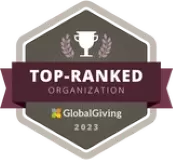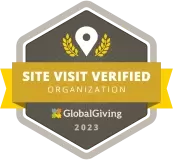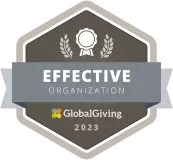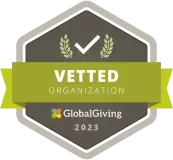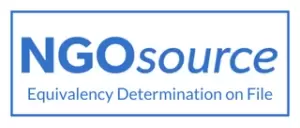|
Posted by: David Omondi Meet Teresia Omollo, the 65 year old grandmother who missed out on the government cash transfer program because she didn't know her age
It is a cool Sunday morning at Kanyawegi Village, Kisumu. Women, children and men are busy going about their business; some trekking to the market while others ride on motorbikes to church. Vitalis Oguom's home is buzzing with activity. Scores of elderly people are gathering at his quiet home. Usually, this would mean he is just about to mediate a land dispute or family feud. But today, having recently received a Pollination Project Flow Fund (www.thePollinationProject.org), Vitalis has invited the senior members of the community living in poverty to give them food. I'm surprised at the many people gathered in his compound. I check my watch to find out how late I am for this function. Vitalis had invited me to participate in distributing food to the villagers at 8.am and for a moment I thought I was Kenya time (late). We exchange greetings and Vitalis goes about his business of distributing the maize. I quickly notice an old woman struggling to stand from her seat and then unsteadily walk towards Vitalis, Her basket is wide open, ready to receive the grains that will enable her to kick out hunger from her home for a few days. She gets her share and how priceless it is to see her face brighten with gratitude!! Vitalis had told me earlier that the women and men he supports with food from his farm are those not enrolled in the cash transfer program administered by the government. "David, this is Teresia Omollo. She is about 65 years old and comes around here. She didn't know her exact date of birth when she applied for her national identification card, so the officials reduced her age by 5 years. Therefore, she doesn't qualify for the cash transfer program,'' Vitalis informs me. There are more women like her down here who couldn't walk here to get their share. I''ll deliver it to them personally later," he adds. I can't help wondering why not knowing her age should condemn Teresia and other elderly members of the community to a life of poverty. I leave Vitalis to continue doing his work, a BIG smile on my face knowing that he is there for Teresia and other elderly people living in poverty. He will help Teresia to get food and eventually enroll her into the government program and connect her with the support system she needs. Indeed, empowering marginalized grassroots leaders like Vitalis with flow funds is a game changer in helping to build community resilience and ensure access to a more equitable share of the world's wealth.
0 Comments
Posted by: David Omondi The government is not directly involved in running Early Childhood Education Centers. It is every teacher's joy to see scores of children brave the early morning cold to go to school. Although a lot has been done to make primary education free in Kenya, not much has been done by the government and other stakeholders to make early childhood education accessible to all children. Unlike primary and secondary education, Early Childhood Education in Kenya is standalone from the mainstream 8.4.4 system. Individuals, churches and communities come together to start ECDE centers and hire teachers to enable their children access to an education. Poor infrastructure and lack of resources affect education provision at this level. But there are serious challenges that come with leaving such a crucial role in the hands of the local community. Lack of resources to build classrooms, hire qualified teachers, buy text books and other learning resources often threaten to cripple education at this level. Many parents are opting to take their children straight to standard one - which is free - without having them go through nursery school/ECDE which is fee paying. As a result, it is not uncommon to see children of school going age hanging around in the village as their parents go about their daily hustle and bustle to fend for their families. One woman in Kanyawegi wasn't happy about this. "I was very disturbed when I graduated from college and came back home to find so many children loitering around and babysitting instead of going to school," Millicent said. "I wanted to start a nursery school right away, but I had no resources," she added as we talked about why she started Jimmy Junior Academy where she currently provides education to 20 children. After working as a teacher in 2 different schools, she couldn't wait any longer. "I didn't like walking to school every morning and seeing so many children who were not going to school and coming back in the evening to find them dirty and unattended as they waited for their parents to come home," she said. She taught one child for two weeks. When she started Jimmy Junior Academy in 2014, only one child reported to school. I couldn't help asking her why she didn't quit after teaching only 3 children for an entire month. "I believed that I wanted to make a difference and understood that it would be gradual and difficult," she said with a smile. Technologically marginalized Despite the great work she does to provide education to children who would otherwise not have it, Millicent has been unable to mobilize resources to build classrooms and hire teachers to support her in her work. She is unable to use computers, the Internet or social media and this has greatly slowed down her work. The good news is that there is HOPE for Millicent and the children she supports. With the support of The Pollination Project (www.thePollinationProject.org) East African Hub Program, Millicent has received funds to build two classrooms and ensure that her students have a decent place to study and thrive. We can all support Millicent and keep her dream of changing lives in her community through education alive. Even without a decent classroom and proper school uniforms, the children are happy to attend school
Posted by: David Omondi Girls making sustainable gardens Dear Donors, Hope this finds you well. Wanted to quick update of where we are with the water well. After our friends at Deeper Missions commissioned hydrologists from Aqua well services Nairobi to re-survey the well, it was confirmed that water exists at the school at a depth of 160 meters. As soon as we raise enough funds, we will be able to drill. We have so far raised $4000 of the $13,000 that we need to drill the well. We are finishing construction of showers and grey water collection system where we will harvest water to grow food at the school. we have created gardens at the school and planted kale. As the girls resume next week, there will be so much do do with our newly launched sustainakility club. Our goal is to convert the obambo campus into a food forest. the success of this project will depend on drilling the well and getting water. Our volunteer Ryan maade a great video about our work. You can check it out here http://underthetree.mamahope.org/episode-3/ Attached, also find our newsletter. Thank you so much for your continued support Kales
|
Riley Orton FoundationRiley Orton Foundation (ROF) provides holistic education and promotes gender equality in STEM education to ensure girls and a community with the agency to realize their full potential Archives
June 2024
Categories |
About Us |
Sponsorship |
Donate |
Contact UsContact Page© COPYRIGHT 2023. ALL RIGHTS RESERVED.
|
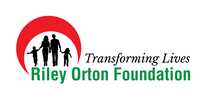
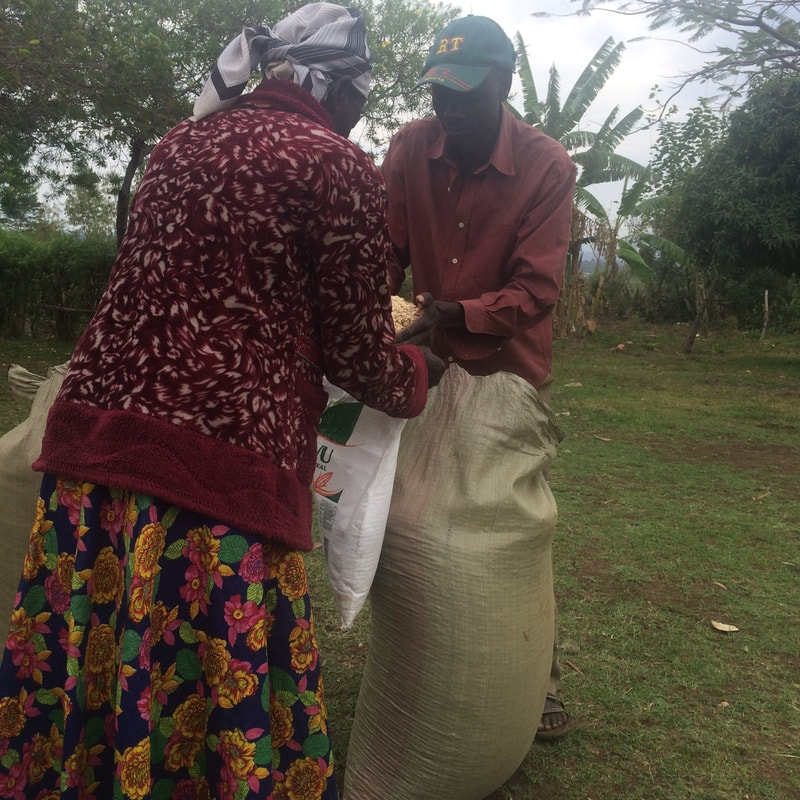
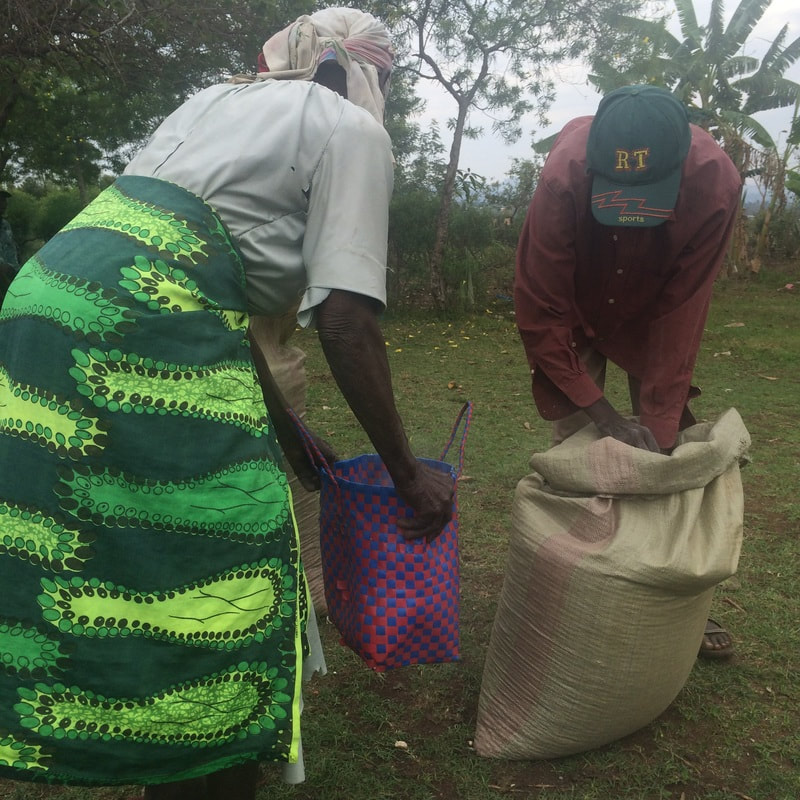
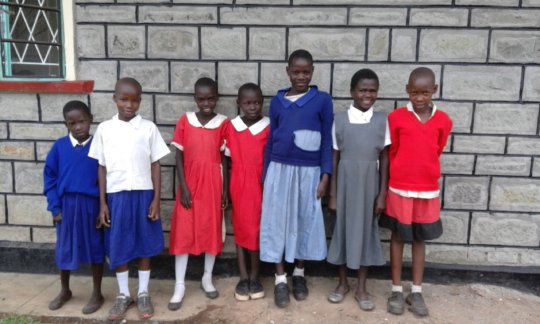
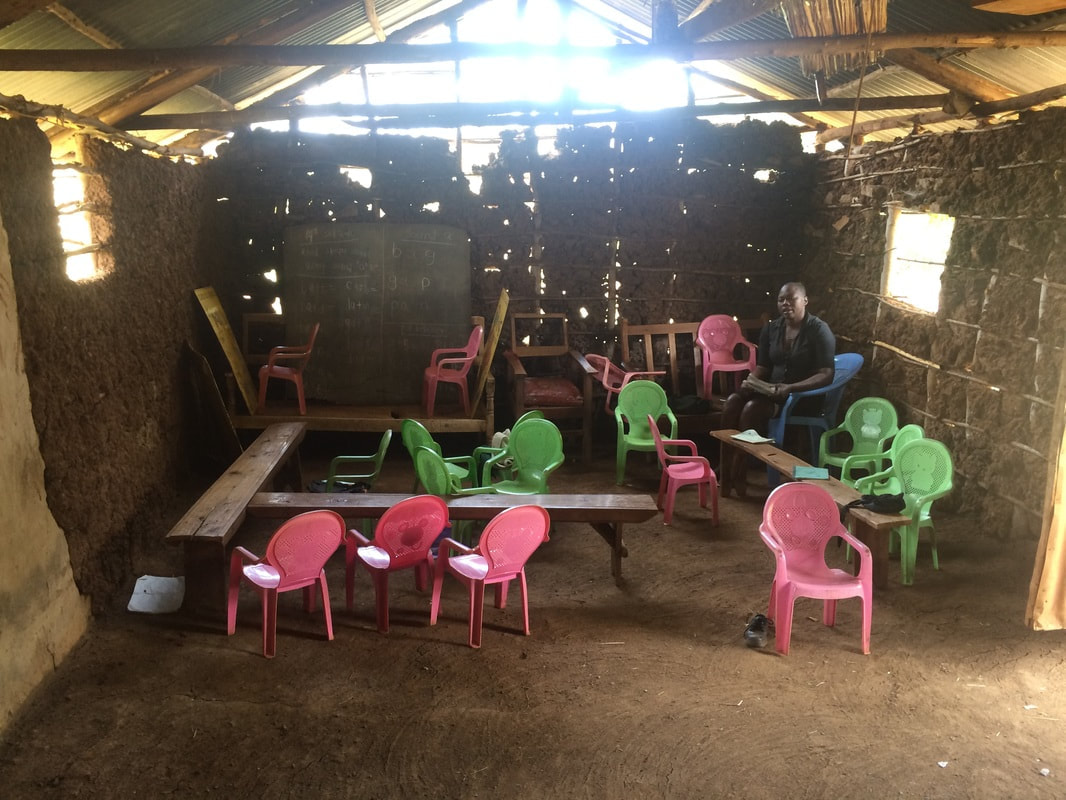
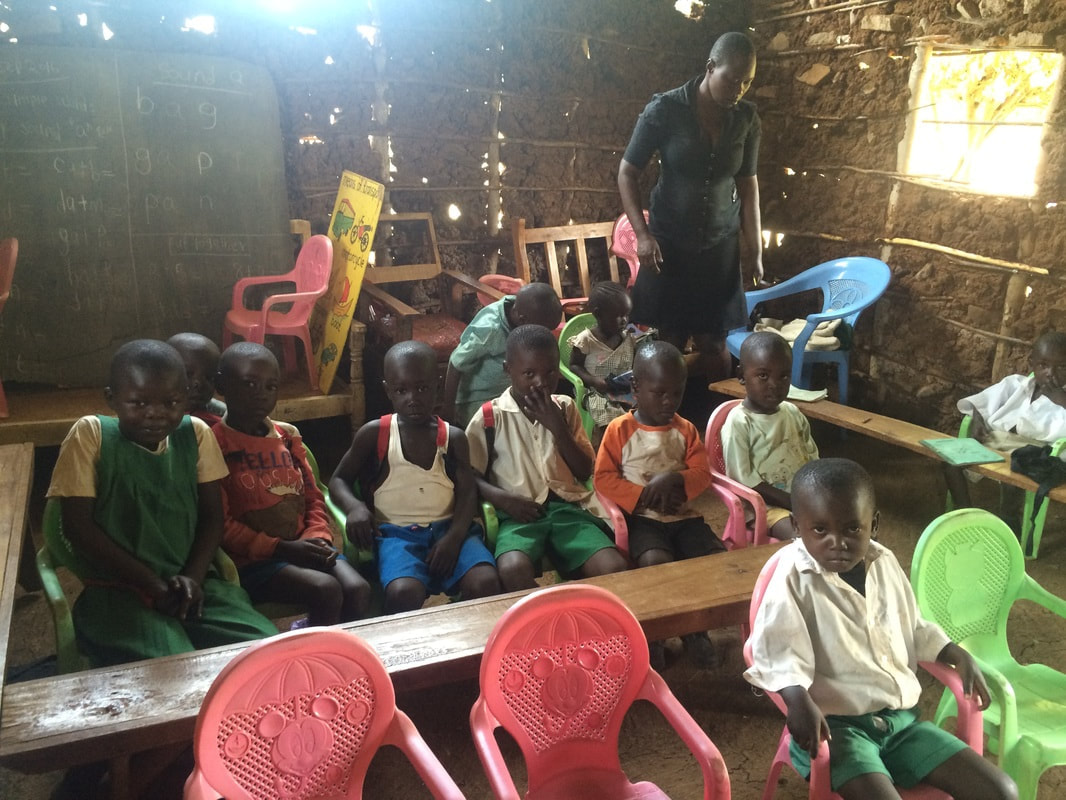
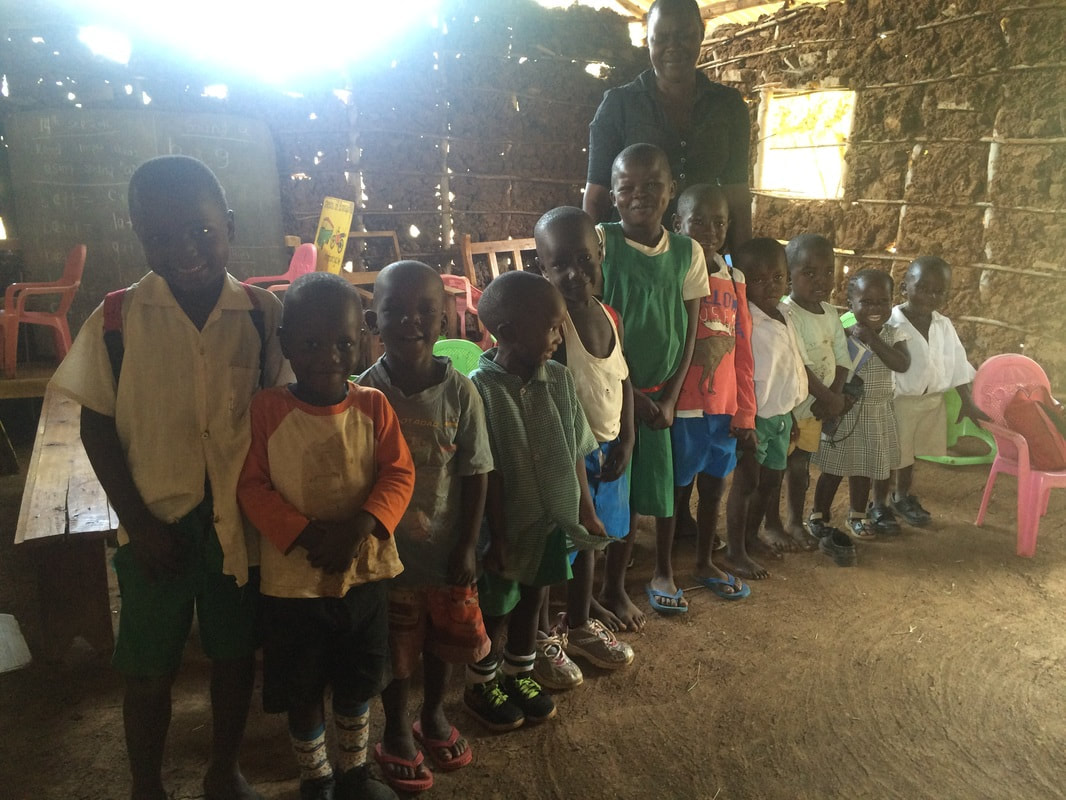
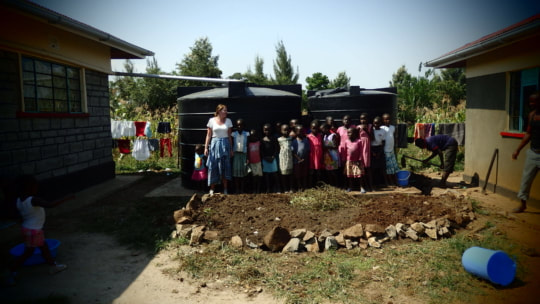
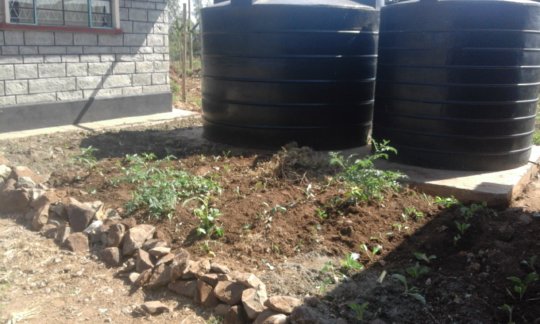
 RSS Feed
RSS Feed
